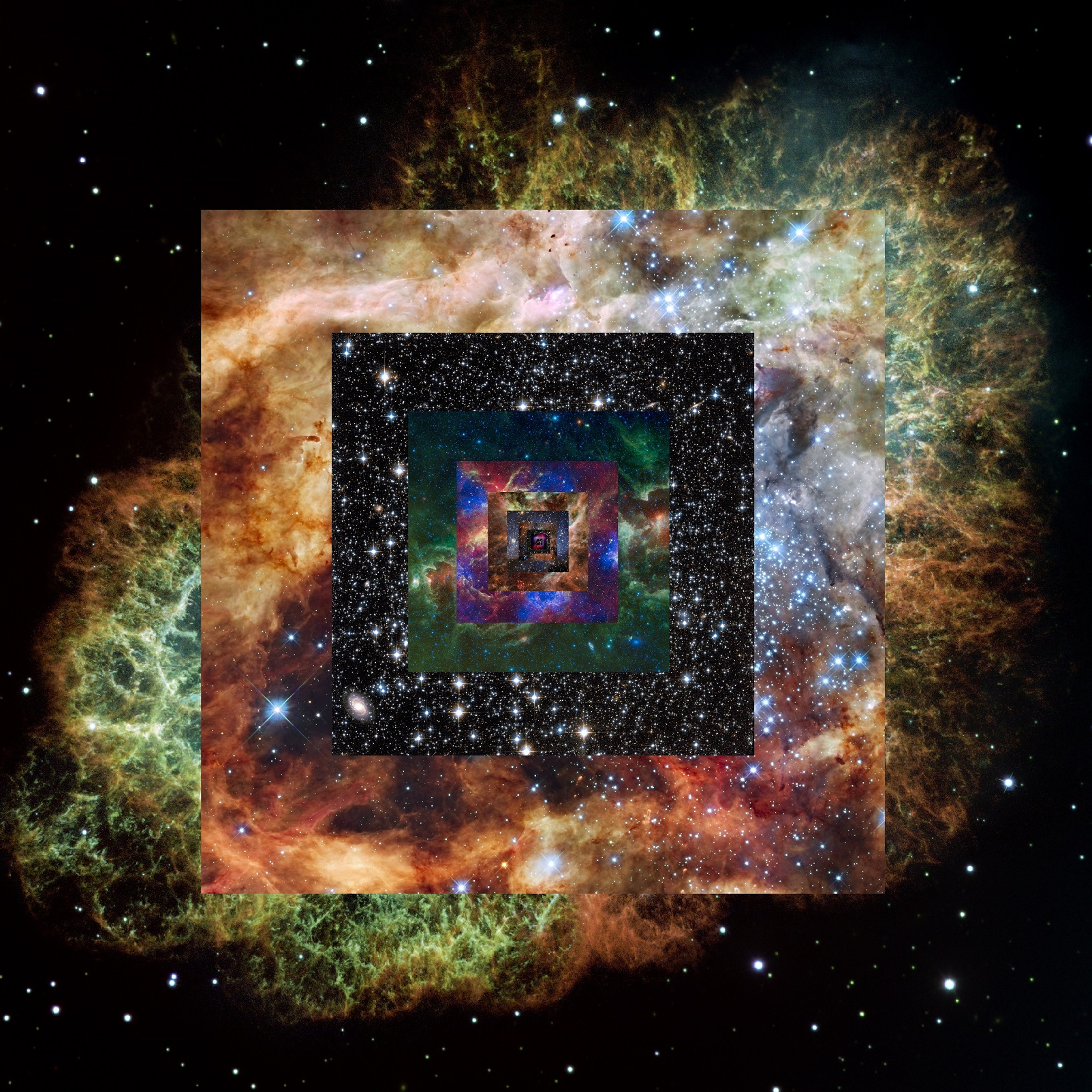
A few weeks ago, we posted a potentially paradigm altering question: Can the human mind be trained into photographic recollection? (This is a follow up, so maybe check out the link before reading on) Two sentences are more than enough build up. The results are in folks, and…
The short answer is “yes”.
The slightly longer answer is “FUCK YEAH!!!! WHEW!!!! (6 back-flips)”
For the last month, I’ve been religiously following this protocol, and it has worked. I have a photographic memory. No joke. After the power-lust erection and adrenaline jitters subsided, after a few hours of daydreaming plots to use this new ability for super-villainy, after a day of gazing at perfect recollections of stolen glances at cleavage, I feel I’ve calmed down enough to share with you eager readers the wonderful news… and you can totally have this too.
It’s incredibly easy. Do it. That’s really all you need to know. Do it now… but for the more curious, like I know you are, just a few things:
What’s happening in the brain that makes this work?

Well, there are 2 theories of how color vision works. Trichromatic theory says, essentially, that there are 3 types of cones (receptors) in the eye that sense specific pairs of colors; the occipital lobe then translates this information into what we call vision.
More interestingly, though, and what we’ll be looking at in detail, is the opponent-process theory of colored vision. With the opponent-process theory, whenever it suddenly shifts to dark, a perfect photo-negative image of whatever was just in the visual field gets transposed onto the retina. That’s the mechanism at work for the well-known illusion on the right (stare for ten seconds, then look away and blink fast) (or maybe it’s God talking to you. I don’t know). That negative image is what we utilize for super memory…
As long as the eyes are open, these negative images are constantly being processed and filtered by the brain. See, way too much is happening at once, though. Your eyes take in trillions and trillions of bits of visual information every instant, and almost none of it matters. So the occipital lobe, hard-worker that he is, weeds out what it doesn’t think is necessary. While you “see” everything around you, you only actually perceive an infinitesimal amount, the things that pertain to your safety/survival or what you’re focusing on in the moment. For example:
So, how does the occipital lobe know what’s important? Easy, you tell it. You do this all the time and don’t even think about it. A new parent will notice the “Diapers: Half Price” sign that the rest of us glazed over like it had neon lights, just like Alex Jones fans tend to see the chemtrails and “all-seeing eyes,” as though reality had been hit by a highlighter. Watch: right now, take a quick moment, without moving your eyes; notice all the things around you that are the color black…

Easy, of course, but did you notice that while you were doing that, everything else just sort of faded away? You could still see it, but it just wasn’t in focus, sort of. This is the process we hack…
The mind is plastic, flexible to our will, and if we know how it operates, we can train it to do just about anything. To develop a photographic memory; we need only develop a simple habit, so, real quick, let’s understand how habits work. It’s 30 days. That simple. If we do something every day, after 30 days, it no longer takes effort. The mind is retrained and the process is automatic (remember this for anything you want to do, because it’s universal, not just for memory training).
So with the dark-room process, we read words etched into our retinas, right. These negative images are always there and, usually, disregarded as irrelevant. What we’re doing is stepping into this process and saying, “Hey, don’t throw that out just yet. Let me take a look at that.” (You control your brain; your brain doesn’t control you, and never let anyone tell you otherwise), so the brain says “Oh, ok. Here it is. I didn’t realize you wanted that.” Your brain, however, is in the habit of tossing these negatives, so every day for a month we step in and say, “let me see that for a second.” after 30 days, the brain gets the point and will automatically save these images for you to look at whenever you want. Welcome to the club; you now have a photographically perfect memory.
Additional tips (in retrospect)
1.) Don’t read a book. The absolute best thing to attempt to read is not a book. What works much better is black background with bright and blocky white lettering. Far far easier to try to read.
2.) Wink. Part of the frustration you’ll come across with attempting to read your hindsight is overexposure. If you flash the lights before the image is totally dissolved, there is this overlap effect, like double exposed film (I’m not too ancient for remembering what film is, am I?). The solution: wink. Do it with one eye at a time; it has no effect on the process and allows one eye to recover as the other works. Doing this, my overall exercise got to as little as 3 minutes.
3.) Ask. Who knows how many little gimmicks and tricks I figured out? Feel free to write me at qwizx@wondergressive.com. I’ll get back to you as quick as my busy life will let me, and if there’re enough of the same questions, later, I’ll add an FAQ to the bottom here.
Finally, and most importantly, did I mention “fuck yeah” and “cleavage?”
Sources:
Experiments in Photographic Memory (Phase 1: Guinea Pig) (wondergressive.com)
What is the Trichromatic Theory of Color Vision (about.com)
What is the Opponent-Process Theory of Color Vision (about.com)



